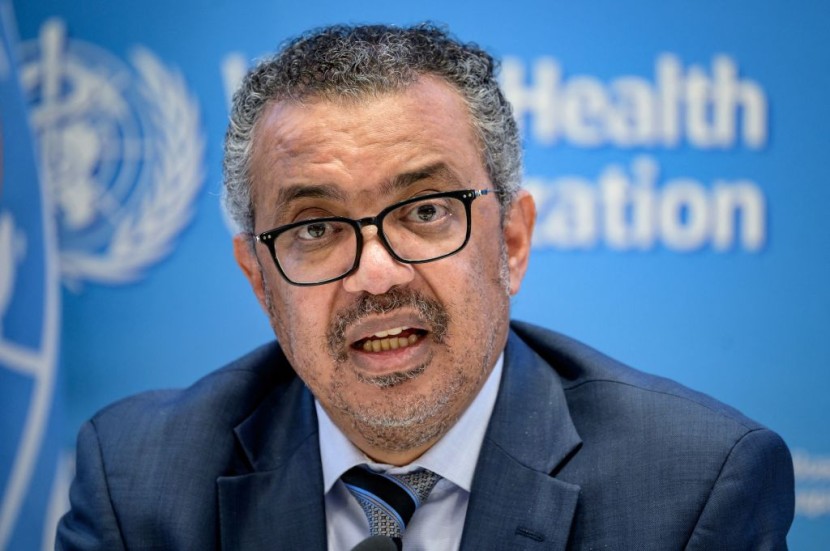
World Health Organization (WHO) Director-General Dr. Tedros Adhanom Ghebreyesus on Wednesday expressed his concerns of an imminent Omicron surge as the Centers for Disease Control and Prevention (CDC) issued guidelines on shortened isolation requirements.
In his statement, while Ghebreyesus said he was worried about a surge of cases due to the Omicron and Delta variants, he remained hopeful that the world will be able to put the worst pandemic behind it in 2022. Top officials with the United Nations health agency cautioned that it was still too early to be reassured that the Omicron variant leads to milder disease.
Omicron Variant
The variant, which was first reported in southern Africa, has already become the most dominant strain of the coronavirus in the United States and parts of Europe. Ghebreyesus also urged everyone to encourage others to be vaccinated after 92 of the WHO's 194 member countries missed their vaccination target of 40% by the end of the year, Yahoo News reported.
The WHO director-general said that nations should work on a campaign to have 70% of their population vaccinated by the beginning of July. Based on the global health agency's data, the number of coronavirus cases in the world has increased by 11% last week compared to the previous one, with roughly 4.99 million new infections being reported from Dec. 20 to 26 in Europe.
The WHO head's statements come as CDC Director Rochelle Walensky defended the latest guidelines issued by her agency in shortening the isolation period for people who have been infected by the coronavirus. The remarks come amid criticisms from public health experts who said that a negative test should also be included in the recommendation.
Walensky said that the CDC's new guidelines will reduce the time required to isolate to five days for people who are asymptomatic or individuals who have experienced their symptoms greatly reduced. She said that the decision was made based on two years of understanding transmissibility, ABC News reported.
High Transmissibility
The Omicron variant's transmissibility has caused fear among global leaders, with Israel's Prime Minister Naftali Bennett saying that they cannot prevent it. The official's blunt statements reflected the growing concern among countries where the new variant is spreading and circulating.
The only sign that has prevented a much more stringent response from nations is early evidence that shows the Omicron variant causes milder symptoms compared to other strains of the coronavirus. Health officials also said that vaccinations and booster shots helped prevent serious illness and death.
Worldwide, experts expressed concern that the sheer number of people that could become infected due to the rapid spread of the Omicron variant could flood hospitals and overwhelm health care systems that are already stressed.
A professor of medicine at Oxford University and an adviser to the British government, John Bell, said that the Omicron variant was no longer the same disease that was seen in the early stages of the pandemic. "The horrific scenes that we saw a year ago of intensive care units being full, lots of people dying prematurely, that is now history, in my view, and I think we should be reassured that that's likely to continue," he said during an interview on Tuesday, the New York Times reported.
Related Article:
Biden Struggles To Assure America That Federal Government Is Ahead of the Coronavirus Pandemic








